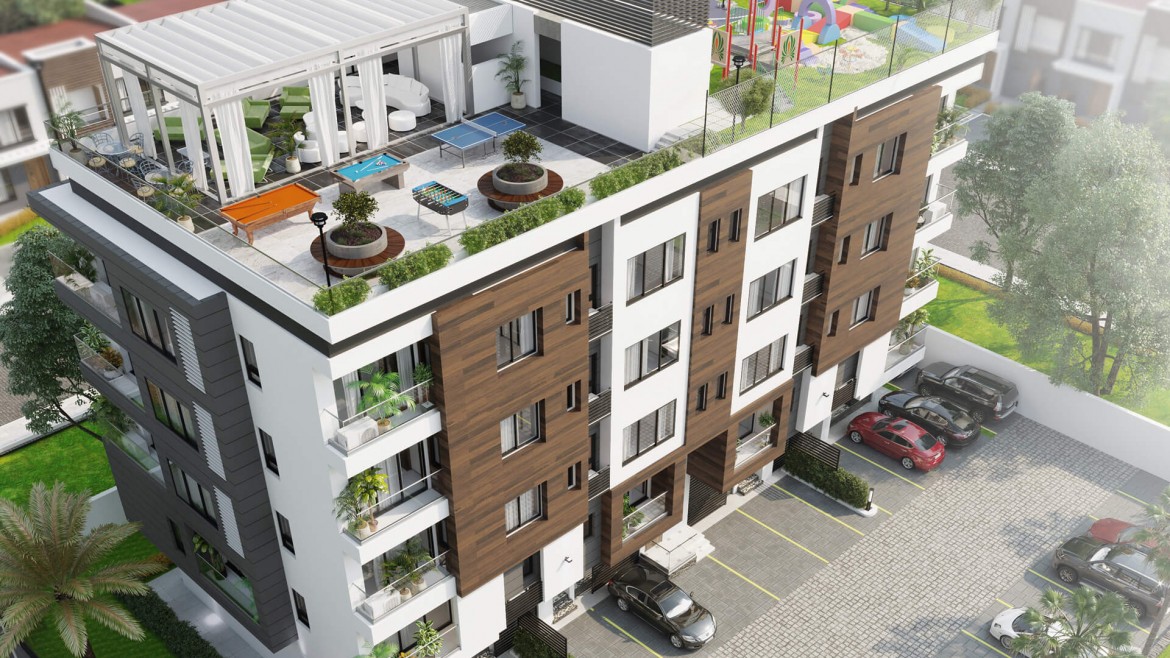How Real Estate Developers Can Reduce Building Costs in Nigeria
The cost of building in Nigeria continues to rise due to inflation, fluctuating exchange rates, and the high cost of materials.
For real estate developers, managing these costs while maintaining quality construction is crucial for business sustainability and profitability.
This guide explores effective strategies that developers can adopt to reduce building costs without compromising quality.
1. Efficient Project Planning and Design
a. Detailed Budgeting and Cost Estimation
A well-structured budget is essential for cost control. Developers should:
- Conduct thorough feasibility studies.
- Estimate costs with realistic projections.
- Factor in potential fluctuations in material prices.
- Engage professional quantity surveyors to provide accurate estimates.
b. Opt for Cost-Effective Architectural Designs
- Avoid unnecessarily complex designs that increase material and labor costs.
- Standardize floor plans to reduce design and approval costs.
- Use pre-approved designs from regulatory agencies to minimize bureaucratic delays and expenses.
2. Use Locally Sourced Materials
Imported materials are costly due to import duties and currency fluctuations. Developers can:
- Utilize locally produced cement, tiles, and roofing sheets.
- Opt for locally made doors, windows, and fittings.
- Support local manufacturers, which can lead to discounts and cost savings.
See This: Cost of Wood for Construction in Nigeria
3. Bulk Purchasing and Supplier Negotiations
Buying materials in bulk can significantly reduce costs. Developers should:
- Partner with wholesalers for bulk discounts.
- Join cooperatives or associations to enjoy collective bargaining power.
- Establish long-term supplier relationships to secure better pricing.
4. Adopt Modern Construction Techniques
a. Prefabrication and Modular Construction
- Prefabricated components reduce onsite labor and construction time.
- Modular building techniques optimize material usage and minimize waste.
b. Alternative Building Materials
- Consider interlocking blocks, which require less cement and mortar.
- Use stabilized laterite bricks as an affordable alternative to cement blocks.
- Incorporate bamboo, compressed earth blocks, and other sustainable materials.
5. Efficient Labor Management
Labor costs can be reduced by:
- Hiring skilled laborers who work efficiently, reducing project timelines.
- Training workers in modern construction techniques to improve productivity.
- Using labor-saving machinery for tasks such as mixing concrete and lifting heavy materials.
6. Effective Project Scheduling and Management
Delays lead to increased costs due to prolonged labor expenses and material price hikes. To prevent this:
- Set realistic construction timelines and adhere to them.
- Use project management software to track progress and manage resources effectively.
- Avoid seasonal fluctuations that may affect material supply and labor availability.
7. Energy-Efficient Building Practices
Developers can reduce long-term operational costs by integrating energy-efficient features, including:
- Solar panels to minimize dependence on the national grid.
- Energy-efficient lighting and ventilation designs.
- Proper insulation to reduce reliance on air conditioning systems.
8. Leverage Government Incentives and Public-Private Partnerships
The Nigerian government offers incentives that developers can leverage, such as:
- Tax holidays and waivers for housing projects.
- Access to affordable housing loans and financing options.
- Collaborations with government agencies for infrastructure support, reducing developers’ financial burden.
9. Avoid Wastage Through Smart Resource Management
Material wastage significantly increases costs. Developers can minimize waste by:
- Using precise measurements to reduce excess cutting.
- Recycling leftover materials for future projects.
- Implementing site supervision to monitor material usage.
10. Smart Financing Strategies
High interest rates on loans can impact project costs. Developers should:
- Seek low-interest construction loans from reputable financial institutions.
- Use instalment-based payment structures to manage cash flow efficiently.
- Partner with investors for funding rather than relying solely on bank loans.
Read This: How Much Does POP Ceiling Installation Cost in Nigeria?
Conclusion
Reducing building costs in Nigeria requires strategic planning, innovative techniques, and cost-conscious decision-making.
By adopting these strategies, real estate developers can achieve affordable construction while maintaining high-quality standards, ultimately leading to a more profitable and sustainable business.

